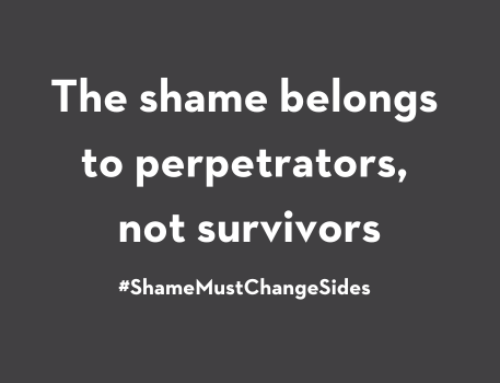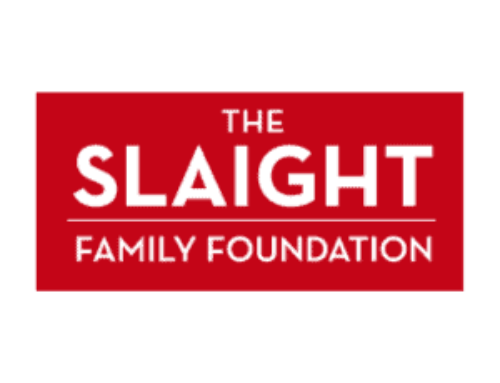
Over the past two decades, school-based programs that have an emphasis on empathy-building have been gaining ground in countries including Canada, the US and Australia. By learning to empathize with others and solve problems in group settings, students practice how to resolve conflicts without aggression, build emotional and social skills, and develop healthy relationships.
The Respectful Relationships (R+R) program, an award-winning violence prevention program developed by SWOVA and delivered in Canadian schools, is an example of this work.
According to Kevin Vowles, a program facilitator in Salt Spring Island, BC, fostering empathy is key to helping youth—and especially young men and boys—understand and prevent violence in the future.
“For kids to understand that the violence we’re talking about may happen to their sisters, or their future daughters—I think that’s where the real work is and where we see the best successes,” he says.
This year, the Canadian Women’s Foundation has invested in the Respectful Relationships program offered at the Quesnel Women’s Resource Centre Society, in British Columbia. Through a series of 12 workshops, students in grades 8 to 10 will learn how to deal with conflict and develop insights about cycles of abuse in relationships. The program will also help students better understand causes and effects of bullying, racism and homophobia.
When young people learn and talk about gender identity, stereotypes and cycles of abuse, they grow up to be adults who are shaped by this way of thinking. They become more aware of their own relationships, and they are less likely to engage in gender-based violence.
To support our violence prevention work, join the Canadian Women’s Foundation Campaign to End Violence.







